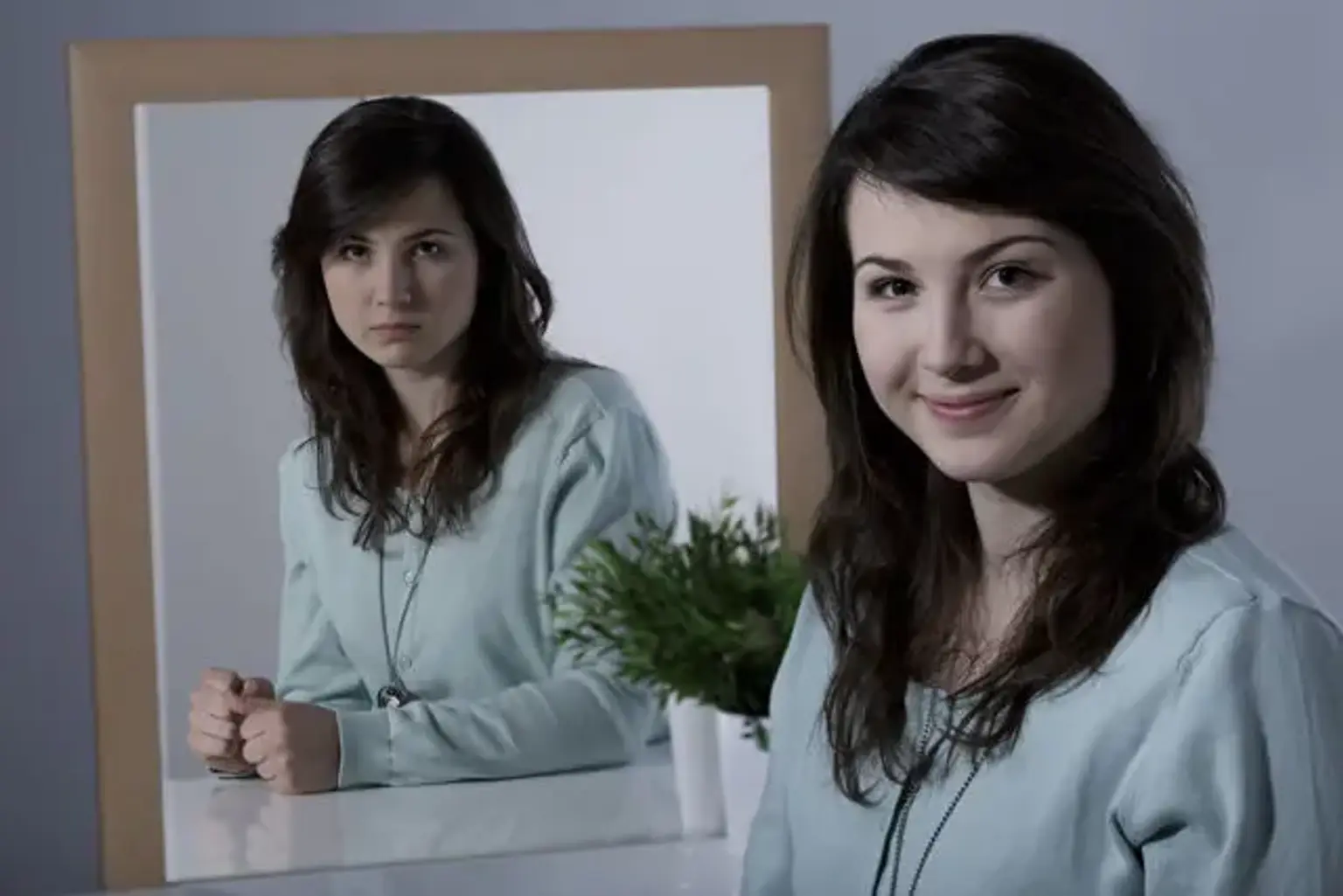Bipolar Disorder
Initially, bipolar disorder was referred to as manic depression. Generally, it’s a mental illness characterized by extreme mood shifts, including emotional highs (hypomania) and emotional lows or depression. When people with this condition get depressed, they feel sad, hopeless and lose interest in various activities.
However, when the mood changes to hypomania, they become euphoric, energized, and abnormally irritable. Such mood swings can interfere with behavior, thinking ability, energy, sleep, judgment, and certain activities. Furthermore, these mood swings are either rare or occur severally in a year. Whereas most individuals experience related emotional symptoms in between the episodes, other might not experience any symptom.
